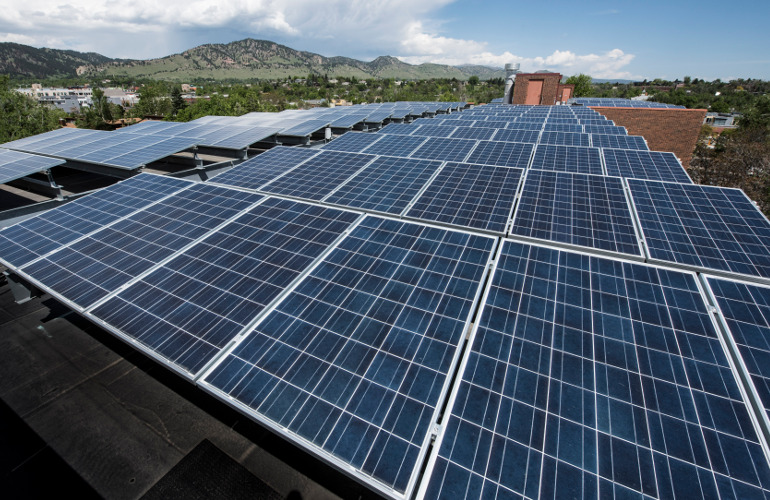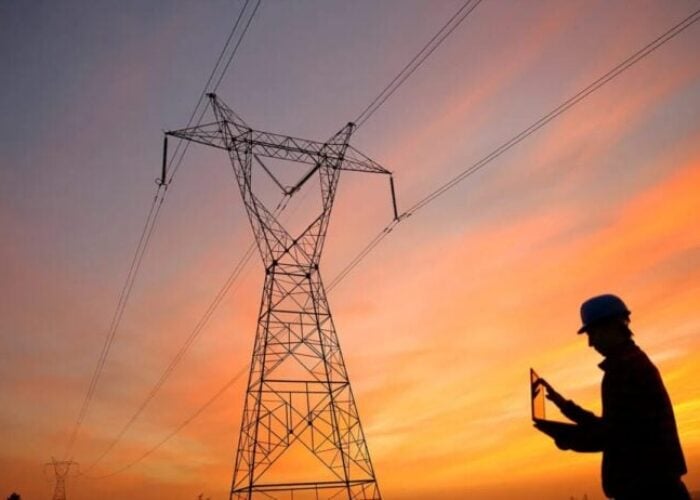
Chinese solar module manufacturer Hanersun will supply 400MW of its n-type modules to Brazilian solar investment platform Solfácil for its distributed generation operations.
The two companies signed a memorandum of understanding (MoU) this week, under which Hanersun will ship its HITOUCH 5N modules to Solfácil, which use 182mm half-cut tunnel oxide passivated contact (TOPCon) cell technology. The modules have an output of 585W and a reported efficiency of 22.65%.
Unlock unlimited access for 12 whole months of distinctive global analysis
Photovoltaics International is now included.
- Regular insight and analysis of the industry’s biggest developments
- In-depth interviews with the industry’s leading figures
- Unlimited digital access to the PV Tech Power journal catalogue
- Unlimited digital access to the Photovoltaics International journal catalogue
- Access to more than 1,000 technical papers
- Discounts on Solar Media’s portfolio of events, in-person and virtual
According to a report from Clean Energy Associates (CEA) earlier this month, modules with half-cut cell configurations were highly likely to suffer from ribbon cracks in their lifetimes – almost four times more than standard cells.
Hanersun launched the 5N module last year as part of its rebrand from its previous name, CSUNPOWER.
Solfácil offers financing services for distributed solar projects through loans to developers and end users. The company says that it has worked with over 4,250 solar installers and 66,000 customers in Brazil.
According to the US’ Energy Information Administration (EIA), the Brazilian distributed solar market has grown significantly in recent years. The country has installed over 1.8 million renewable distributed generation systems as of March 2023, the overwhelming majority (99%) of which are solar PV. In total these add up to around 19GW of capacity.
In large part, distributed solar expanded because of the introduction of a net metering scheme in 2012, the EIA said, which from 2015 would support distributed solar and other projects of up to 5MW. Under net metering, rooftop or distributed solar owners can sell excess power generated from their system back to the electricity utility.







